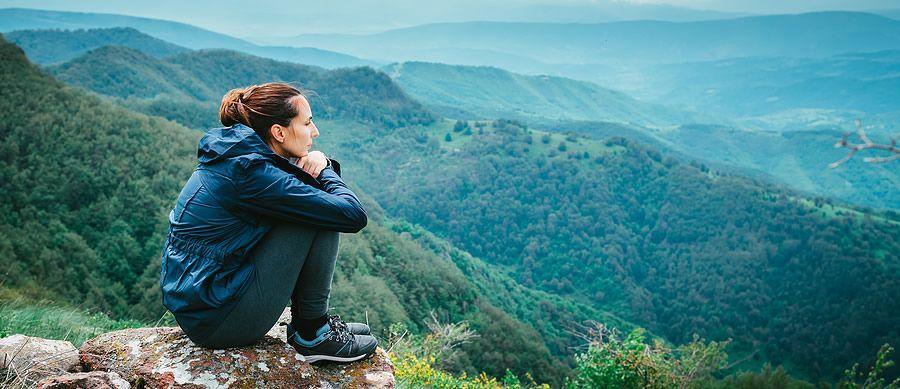The importance of nature for mental wellbeing has proven benefits. With spring well underway, and with the great news that national lockdown restrictions are easing, the opportunity for different ways we can enjoy nature is beginning to expand at last!
The national lockdowns over the last year have encouraged many of us to focus on discovering the enjoyment of our local green spaces that we may not have thought of making use of prior to the pandemic. Some of our pre-pandemic outlets for stress, such as going to a pub/bar, the gym/leisure centre, and non-essential shopping, have been inaccessible, and so it has made sense that we turned to walks in nature and ‘just being’ in green spaces as a method of stress-release. As restrictions are eased and we start to come out of lockdown, and look forward to getting back to a relative ‘normal’, it’s worth retaining this new focus on using nature to de-stress so that we can continue to enjoy the many benefits that it brings to our mental and physical wellbeing. Being in nature can take many forms, such as walking in the woods, watching the tide come in, watching the flow of a stream or river, listening to birds, watching the clouds, feeling the breeze on our face, or listening to the wind rustling through the leaves on the trees.

How much time do we need to spend in nature to feel the benefit?
A 2019 University of Exeter study used data from nearly 20,000 people and found that people who spend a minimum of 120 minutes per week in nature are more likely to report good health and higher psychological wellbeing than those who don’t visit nature at all in an average week. The study showed that it didn’t appear to matter whether the 120 minutes was achieved in one visit or spread out over several shorter visits during the week. It also found that the benefits applied to everyone; across all age groups, occupations, and economic and ethnic groups.
The majority of nature visits in the Exeter study took place within two miles of home, and showed that even visiting urban greenspaces can be helpful. You don’t have to live in the middle of the countryside to feel the benefit of being in nature.

There is a strong association between the time one spends in nature and reduced levels of stress, anxiety and depression.
How does being in nature help us?
According to research conducted by Harvard University, there is a strong association between the time one spends in nature and reduced levels of stress, anxiety and depression. In a 2015 study, researchers compared the brain activity from two groups of people; group A included individuals who walked for 90 minutes in a natural setting, and group B walked within an urban area, such as a town or city. Positron emission tomography (PET) scans compared the brain activities of the two groups. It was found that those who walked in nature had decreased activity in the prefrontal cortex, which is a part of the brain that manages emotional reactions to anxiety and stress. Therefore, if you are struggling to put unwelcome thoughts out of your mind, you may find that a walk in nature helps you to be more present, and put negative thoughts aside.
Stress-response and nature
It appears that interacting with natural spaces offer some other therapeutic benefits as well. In experiments it was found that calming nature sounds, and even outdoor silence can lower blood pressure and levels of the stress hormone cortisol.
Cortisol is your primary stress hormone, the chemical that makes your body think that it is in fight or flight mode, causing all your muscles to tighten, blood pressure to rise and sets the heart racing. If your body is continually experiencing stress, these symptoms can lead to major health problems, so finding a way to reduce cortisol levels is important.

Psychopathologies and nature
Evidence suggests that immersing yourself to nature has a significant association with reduced severity of insomnia, anxiety and depression. Immersing yourself within green spaces and nature, is helpful in reducing the symptoms associated with these disorders, and without the side-effects of anti-depressants. In fact, doctors in Germany have started to prescribe “nature therapy” for common psychological illnesses.
Cognitive benefits of interacting with nature
The cognitive benefits of interacting with nature were found during memory tests carried out in 2008 by Stephen Kaplan and his team. The study found that subjects who took a nature walk before a memory test, performed better in the test than the subjects who walked down city streets.
Creative ability and nature
A study in 2012 at the University of Kansas, found that spending more time outdoors and less time with our electronic devices can increase our problem-solving skills and improve creative abilities. The next time you need a creative burst, why not take a walk in nature?










